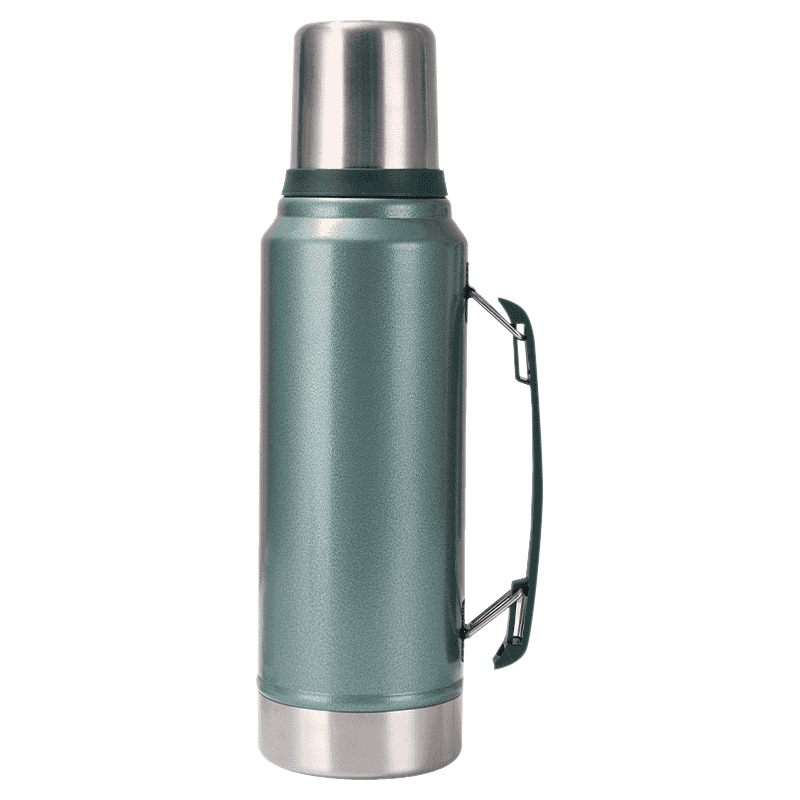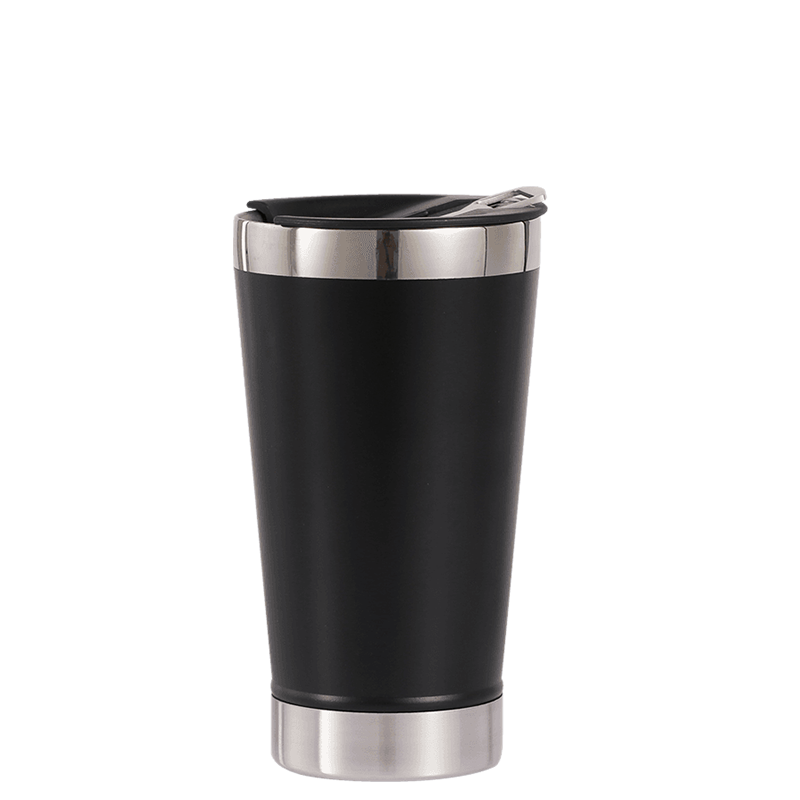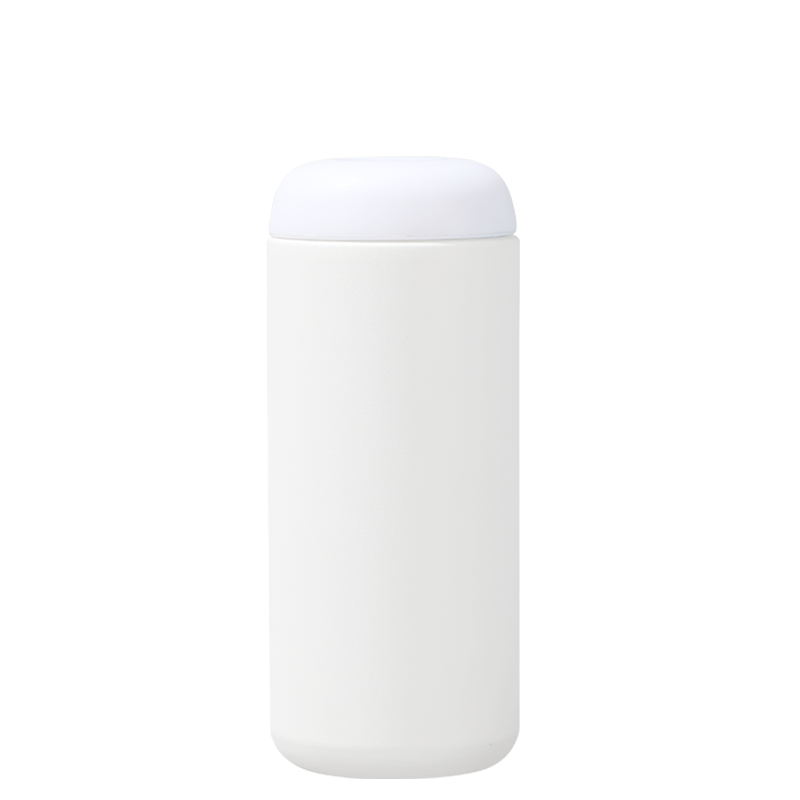
+86-13566758039

Industry News
Why Flavor Retention Matters in Food Flasks
With busy lifestyles and increasing demand for portable meal solutions, food flasks have become a kitchen essential. Among these, the China Thermos Food Flask stands out as a popular and cost-effective choice for consumers seeking insulation and convenience. However, a frequent concern among users is whether these flasks are prone to causing food to lose its natural flavor, or worse, develop unpleasant tastes or odors over repeated use. This article explores the reasons behind such issues and evaluates how they can be prevented through good product choice and proper maintenance.

Material Composition and Flavor Interaction
Perhaps the critical factor affecting flavor retention is the material used in the inner lining of the flask.
1. Stainless Steel Quality: Most reputable food flasks use food-grade 304 stainless steel, which is highly resistant to rust, corrosion, and flavor absorption. This type of steel is non-reactive and doesn’t interact with acidic or spicy foods. However, some lower-end versions may use 201 stainless steel or mixed alloys, which may not provide the same resistance and can potentially affect the taste or smell of food over time.
2. Plastic Components: Many flasks include plastic lids, seals, or inner linings. If these are made from low-quality materials, they may retain strong food smells or even leach unpleasant compounds when exposed to heat. Over time, this can cause a persistent odor that affects the taste of stored food.
Food Types and Their Influence on Flavor Retention
Different foods interact with storage materials in different ways, and this can significantly influence whether a flask retains odors or changes food taste.
1. Strongly Flavored Foods: Items like garlic-heavy soups, curry, kimchi, and other fermented or spiced foods can leave strong aromas. If not cleaned properly, these scents may linger and transfer to other foods stored afterward.
2. Oily or Dairy-Based Dishes: Fatty foods and dairy products are particularly prone to leaving residues on flat surfaces, which can turn rancid or produce unpleasant smells if not fully removed during cleaning.
3. Highly Acidic Ingredients: Tomato-based dishes or citrus-heavy recipes, when stored repeatedly in lower-grade metal containers, may accelerate surface degradation and contribute to flavor changes.
Cleaning Habits and Maintenance
Even the built-in China Thermos Food Flask will begin to develop odor or taste issues if not cleaned regularly.
1. Daily Cleaning: Users should rinse and wash the flask immediately after use with warm water and mild dish soap. Leaving food residue inside for extended periods, especially overnight, increases the likelihood of lingering smells.
2. Deep Cleaning: Weekly or biweekly deep cleaning using a mixture of baking soda and vinegar can help neutralize strong odors. For very persistent smells, soaking the flask in a solution of hot water and lemon juice is also effective.
3. Avoiding Abrasives: Though scrubbing may seem effective, using abrasive sponges or cleaners can scratch the interior surface of the flask, creating micro-grooves that trap food particles and odors.
Usage Frequency and Storage Practices
How often and how long a flask is used also impacts whether flavor or odor issues arise.
1. Prolonged Storage: Even with insulation, food begins to break down over time. Leaving hot or oily food in the flask for extended periods, such as more than 6–8 hours, can cause taste degradation due to oxidation or microbial activity, especially if the lid isn’t tightly sealed.
2. Cross-Use Without Cleaning: Using the flask for different food types without cleaning in between increases the risk of flavor mixing. Using one flask exclusively for certain food types (e.g., soups or grains) can help avoid unwanted flavor transfer.
Flavor Issues Are Manageable with the Right Practices
While some users report that their China Thermos Food Flask causes food to taste different after prolonged use, the root cause is rarely the flask itself. Instead, issues typically arise from poor-quality materials, improper cleaning, or inappropriate usage. By selecting a flask made from food-grade stainless steel, maintaining good hygiene practices, and being mindful of the types of food stored, users can enjoy the convenience of insulated storage without compromising on taste or safety. When treated properly, a high-quality food flask not only preserves temperature but also keeps your meals flavorful and fresh over time.
Your email address will not be published. Required fields are marked *








* Your email is safe with us, we don't spam.


Our company's products include vacuum flasks, beer mugs, coffee mugs, car tumbler, fire stove and tensile parts, etc.
Phone: +86-13566758039
Tel: +86-0579-87171178
Fax: +86-0579-87171178
E-mail: [email protected]
Add: No.29, Qiaodong Road, Qiaotouzhou Village, Longshan Town, Yongkang, Jinhua, Zhejiang, China.

 English
English 中文简体
中文简体 日本語
日本語 Français
Français Español
Español